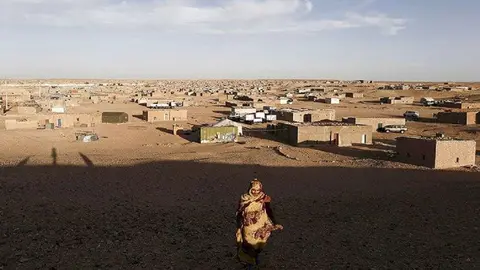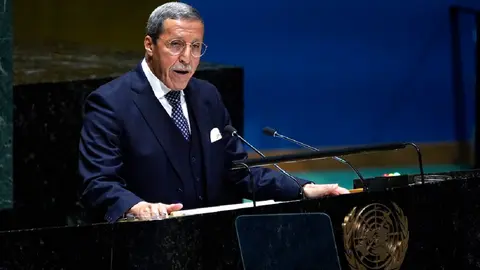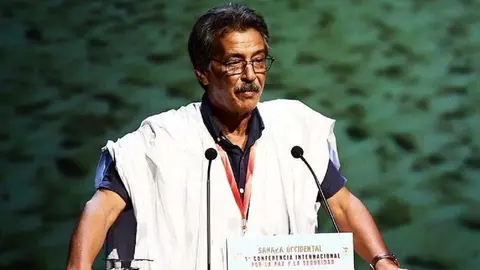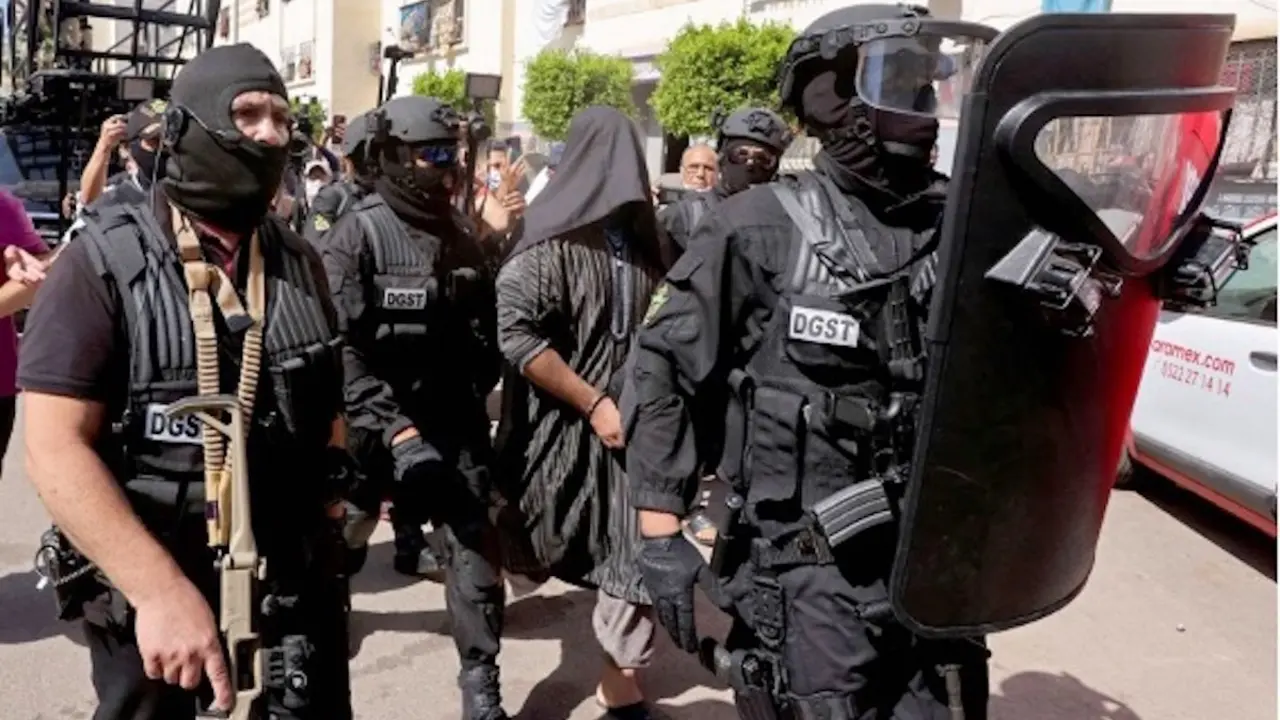UN acknowledges Algeria's disengagement over Western Sahara

The United Nations (UN) has once again acknowledged Algeria's reluctance to accept responsibility for the protracted conflict in Western Sahara. The Western Sahara conflict is among the UN's main areas of concern. To this end, the organisation assigned Staffan de Mistura, on 1 November 2021, as special envoy of the UN Mission for the Referendum in Western Sahara (MINURSO) to resolve the problem.
The issue was addressed by the UN in its annual report on Western Sahara by UN Secretary General Antonio Guterres. The UN Secretary-General said in the report, published weeks before the Security Council vote on a new resolution, that Algeria "maintained previously conveyed positions, including in terms of framing its role as an observer".

Algeria has shown its rejection of responsibility and involvement in the conflict by presenting itself as a mere observer in the Sahara dispute, despite its role in financing, arming, supporting and hosting the Polisario Front. The Algerian regime has long supported the Polisario Front and its claims to independence over the Western Sahara region in southern Morocco under the pretext of adopting a 'neutral stance'.
Algeria's interference in the political process under UN control was also covered in the report. In particular, paragraph 32 of the report highlights that Algeria "continues to oppose the roundtable format, arguing that in 2018 and 2019 its participation has been instrumentalised".
This most recent UN report provides further evidence of Algeria's refusal to respect international law and UN resolutions, including last year's Resolution 2654, which called on all parties to engage in the UN-led political process and to support UN Special Envoy Staffan de Mistura in his efforts to find a compromise and a mutually acceptable solution to the Western Sahara dispute.

Resolution 2654 emphasised the importance of the roundtables initiated by former UN envoy for the Sahara, Horst Kohler, who resigned in 2019 citing health problems. The UN Security Council commended "the important role of the former personal envoy of the secretary-general to Western Sahara in convening the roundtable process" and praised the momentum generated by the initial roundtables in 2018 and 2019, according to the resolution.
The Algerian regime has long sought to misrepresent its involvement in the Sahara conflict, despite historical evidence showing that it did so by providing financial, logistical and operational support to the separatist Polisario Front. Algeria's objective in the Sahara conflict is to establish a separate, independent republic in southern Morocco to challenge the nation's sovereignty and seize the initiative, according to a December 1977 CIA document declassified in November 2012.

"Algeria's objective in the conflict is to create an independent Sahrawi republic, where it hopes to have a dominant influence. This would hinder Moroccan efforts to limit Algeria's future access to the Atlantic and deny Morocco the territory's significant economic resources," according to the CIA document. Importantly, the document stresses that Algeria opposes hegemony in northwest Africa by supporting Polisario self-determination for "the apparent reason" of doing so.











